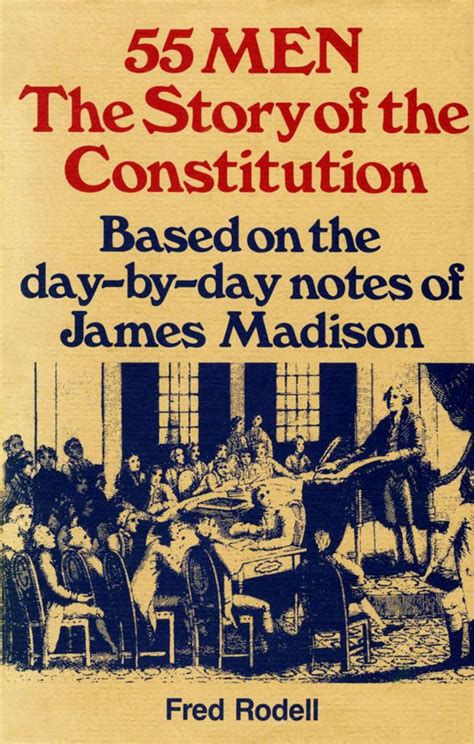A Quote by Isaac Asimov
So, then, what is style? There are two chief aspects of any piece of writing: 1) what you say and 2) how you say it. The former is "content" and the latter is "style."
Related Quotes
What's important is the way we say it. Art is all about craftsmanship. Others can interpret craftsmanship as style if they wish. Style is what unites memory or recollection, ideology, sentiment, nostalgia, presentiment, to the way we express all that. It's not what we say but how we say it that matters.
Styles tend to not only separate men - because they have their own doctrines and then the doctrine became the gospel truth that you cannot change. But if you do not have a style, if you just say: Well, here I am as a human being, how can I express myself totally and completely? Now, that way you won't create a style, because style is a crystallization . That way, it's a process of continuing growth.
Editing should be, especially in the case of old writers, a counselling rather than a collaborating task. The tendency of the writer-editor to collaborate is natural, but he should say to himself, 'How can I help this writer to say it better in his own style?' and avoid 'How can I show him how I would write it, if it were my piece?'
Underneath all his writing there is the settled determination to use certain words, to take certain attitudes, to produce a certain atmosphere; what he is seeing or thinking or feeling has hardly any influence on the way he writes. The reader can reply, ironically, "That's what it means to have a style"; but few people have so much of one, or one so obdurate that you can say of it, "It is a style that no subject can change.
Kelvin Gastelum, there's many ways I can classify his style. I like it. He's improved. One thing I can say is that he's improved over his run in the UFC from 'The Ultimate Fighter' and now being a contender. But his style? It's very Mexican. You have the Mexican style of boxing, and he has a Mexican style of MMA, like smart Mexican style.
You must find some way to elevate your act of writing into an entertainment. Usually this means giving the reader an enjoyable surprise. Any number of devices will do the job.... These seeming amusements in fact become your 'style.' When we say we like the style of certain writers, what we mean is that we like their personality as they express it on paper.
You've got to be a good reader. So whatever genre that you're interested in, read a lot of books about it and it's better than any kind of writing class you'll ever take. You will absorb techniques and then in a lot of cases you can just start writing using the style of the book or the author that you admire and then your own style will emerge out of that. Be a diligent reader and then try to write seriously, professionally and approach everything in writing in a professional way.
You find the most in not any particular denomination specifically. It's the style of worship. So if we have what we call a charismatic worship style, that means upbeat music and a more lively style of preaching usually, people are allowed to clap, say "Amen," whether they're mainline Protestant, conservative Protestant, and Catholics, whatever, they're much more likely to be integrated.
If anyone is unwilling to descend into himself, because this is too painful, he will remain superficial in his writing. . . If I perform to myself, then it’s this that the style expresses. And then the style cannot be my own. If you are unwilling to know what you are, your writing is a form of deceit.





































